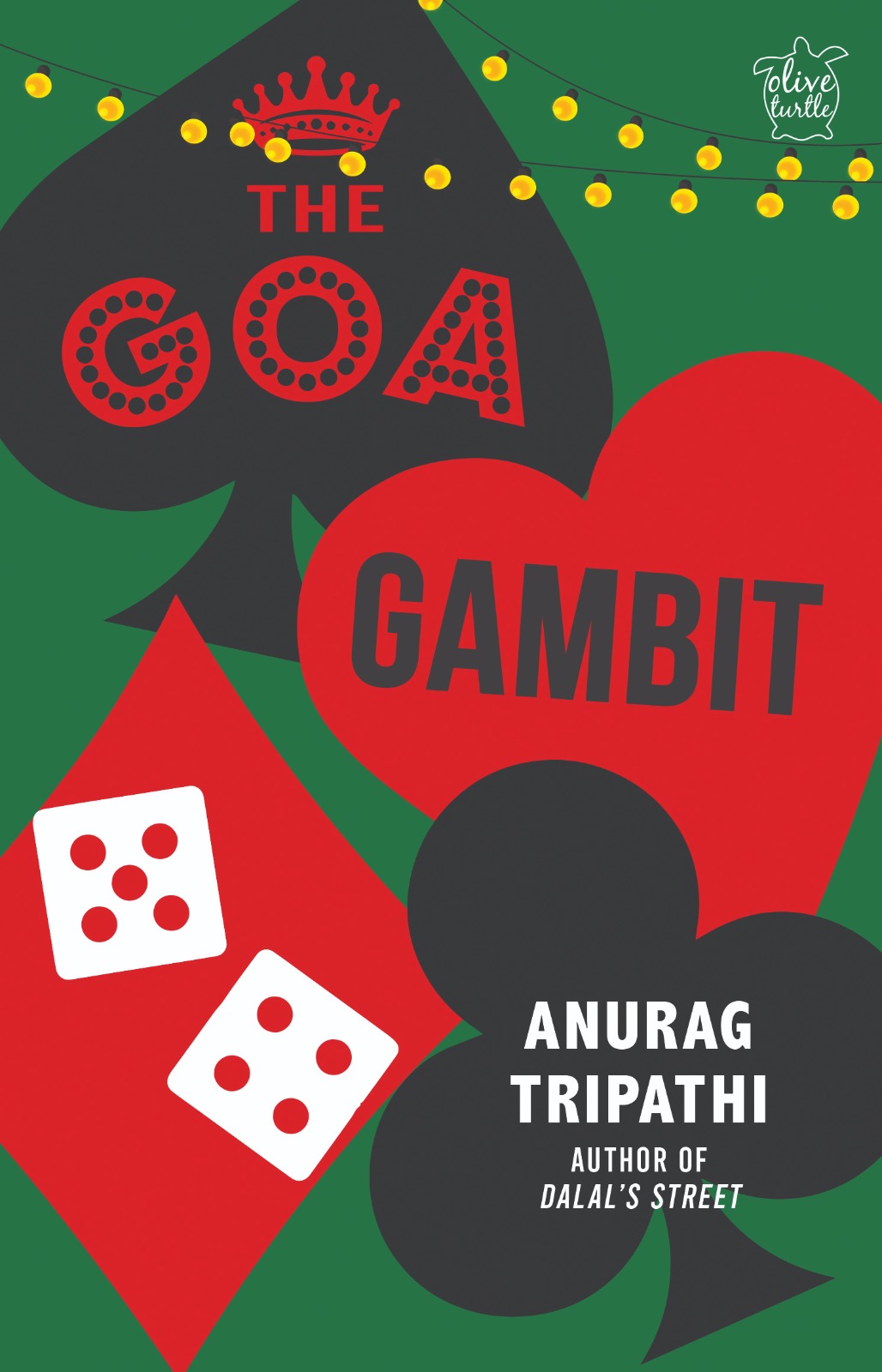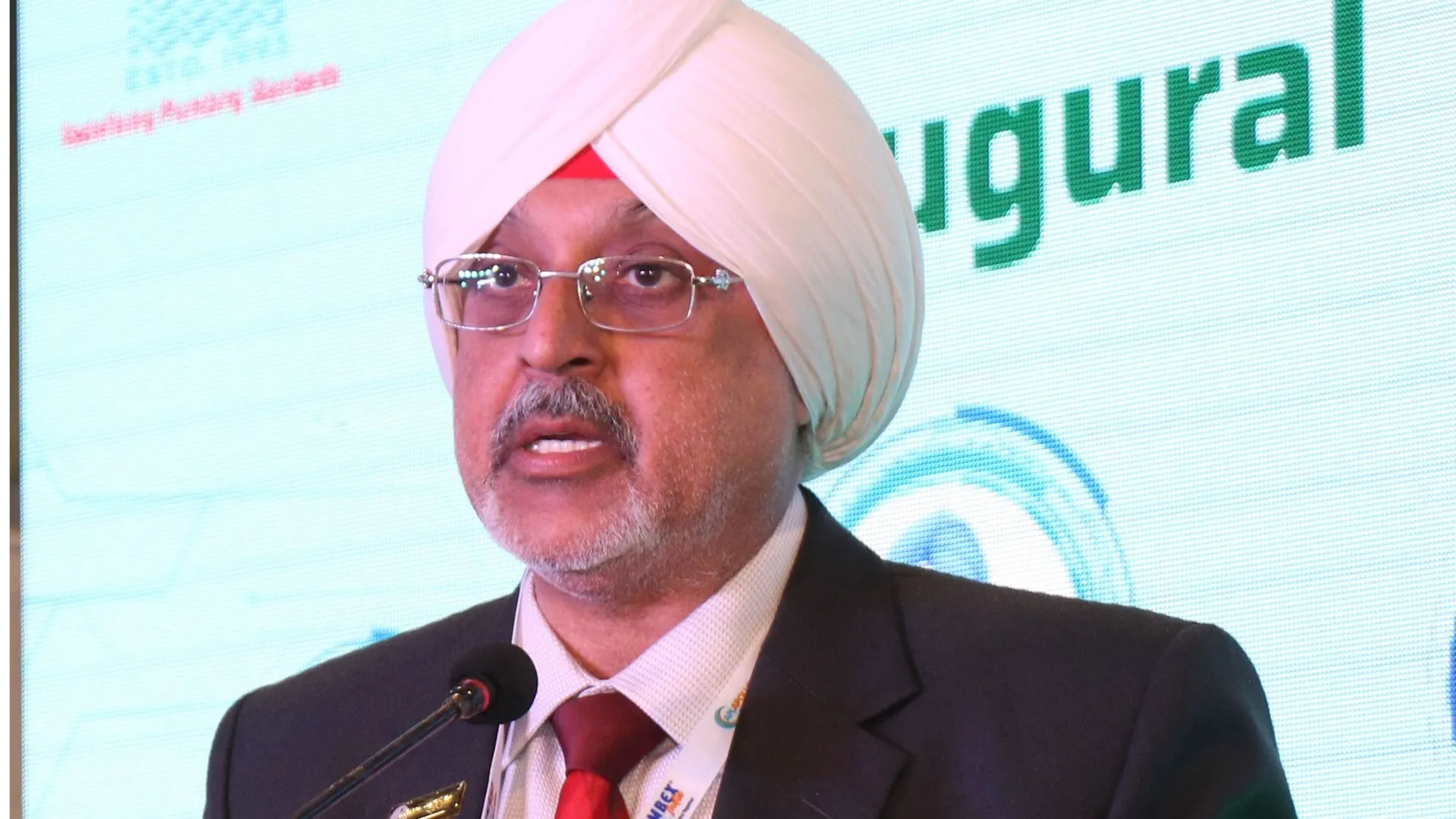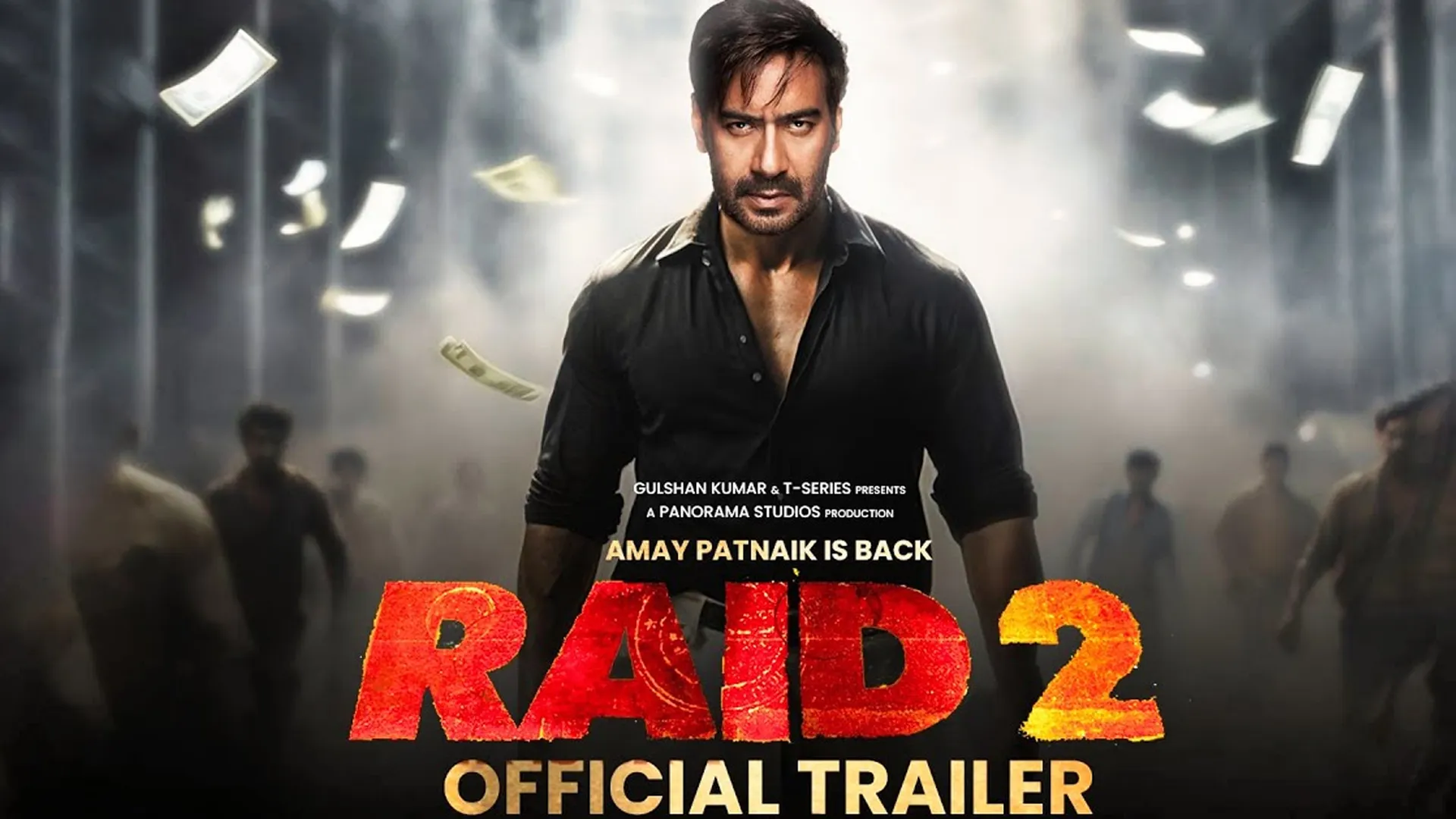The Goa Gambit by Anurag Tripathi is an exciting read that immerses readers in the dazzling yet dangerous world of Goa’s casinos. With a captivating story, vivid characters, and plenty of surprising twists, it’s a must-read for thriller enthusiasts, especially those who enjoy high-stakes gambling and political drama.
Set in the vibrant and chaotic casinos of Goa, the book follows a diverse group of characters, from politicians to celebrities, all seeking quick wealth and power. The story is filled with intrigue and danger, where nothing is as it seems. Tripathi’s novel is not only thrilling but also delves into themes of ambition and greed, using the casino as a metaphor for life’s unpredictable nature.
In the book, the characters are well-developed and intriguing. Each one brings something unique to the story, and their interactions create a web of suspense. The protagonist is especially interesting, being a flawed character in a morally complex world. Tripathi excels at crafting realistic characters, whether it’s a power-hungry politician, a scandal-ridden celebrity, or a casino operator with hidden motives. Each character feels authentic and adds to the story’s tension.
It goes beyond thrills to explore themes like the corruption of power and money, the risks of unchecked ambition, and the moral choices in pursuing success. The casino symbolizes life’s unpredictability and the dangers of chasing dreams.
The book also offers a subtle look at modern society, where appearances can be misleading and right and wrong are often unclear. Tripathi uses Goa’s blend of beauty and hedonism to highlight the duality of human nature—our craving for pleasure and our potential for self-destruction. However, the pacing falters slightly in the middle, which may cause the story to drag for some readers before it picks up again.
It is similar to classic thrillers like Casino by Nicholas Pileggi or The Godfather by Mario Puzo, featuring high stakes and characters immersed in power, money, and danger. However, Tripathi adds his unique touch with an Indian perspective and a deep grasp of his characters’ complexities.
In conclusion, The Goa Gambit is a thrilling read that keeps you hooked. With its gripping plot, engaging characters, and deep themes, it stays with you long after the last page. It’s a great choice for thriller fans or anyone seeking an entertaining and thoughtful novel.























